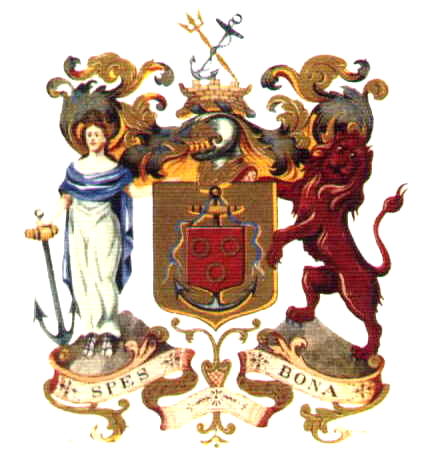Cape Town: Difference between revisions
Knorrepoes (talk | contribs) No edit summary |
Knorrepoes (talk | contribs) No edit summary |
||
| Line 8: | Line 8: | ||
Province : [[Western Cape]]<br/> | Province : [[Western Cape]]<br/> | ||
Additions : 1913 Claremont, Green Point, Kalk Bay, Maitland, Mowbray, [[Rondebosch]], Woodstock; 1927 Wynberg; 1996 Pinelands; 2000 | Additions : 1913 Claremont, Green Point, Kalk Bay, Maitland, Mowbray, [[Rondebosch]], Woodstock; 1927 Wynberg; 1996 Pinelands; 2000 Blaauwberg (1996 Milnerton), Helderberg (1996 Gordons Bay, Somerset West, Strand), Oostenberg (1996 Brackenfell, Kraaifontein, Kuils River), South Peninsula (1996 [[Constantia Valley]], Fish Hoek, [[Simon's Town]]), Tygerberg (1996 Bellville, Durbanville, Goodwood, Lingelethu West, Parow) | ||
Oostenberg (1996 Brackenfell, Kraaifontein, Kuils River), South Peninsula (1996 [[Constantia Valley]], Fish Hoek, [[Simon's Town]]), Tygerberg (1996 Bellville, Durbanville, Goodwood, Lingelethu West, Parow) | |||
[[File:capetown.jpg|center]] | [[File:capetown.jpg|center]] | ||
Revision as of 07:56, 20 May 2012
| Heraldry of the World Civic heraldry of South Africa |
CAPE TOWN / KAAPSTAD
Province : Western Cape
Additions : 1913 Claremont, Green Point, Kalk Bay, Maitland, Mowbray, Rondebosch, Woodstock; 1927 Wynberg; 1996 Pinelands; 2000 Blaauwberg (1996 Milnerton), Helderberg (1996 Gordons Bay, Somerset West, Strand), Oostenberg (1996 Brackenfell, Kraaifontein, Kuils River), South Peninsula (1996 Constantia Valley, Fish Hoek, Simon's Town), Tygerberg (1996 Bellville, Durbanville, Goodwood, Lingelethu West, Parow)
Origin/meaning
The arms were granted on December 29, 1899.
The anchor symbolises the good harbour, the three rings on the smaller shield are taken from the arms of Jan van Riebeeck, the founder of the city. The arms were first granted on June 12, 1804 by Commissioner-General J. de Mist, when the city was still ruled by the Dutch. He granted the city a seal with an anchor, on which was placed a shield with the Van Riebeeck arms. The anchor served as a supporter. In 1804 The Netherlands were a French vassal state, called the Batavian Republic. In the Batavian Republic all used of arms was illegal and no arms could be granted, making the event in Cape Town a unique event.
The original seal was still in use in the 1950s and was officially registered in 1956, with an added English legend (the original was Zegel van de Kaapstad, the English addition was The council of the city of Cape Town).
In 1899 the, now British, governor discovered that the arms were never recorded at the College of Arms in London. He thus applied to the College of Arms to approve the arms, as well as augmentation with crest, supporters etc. The College of Arms granted the above arms. Unfortunately the whole old arms were placed in a shield. The female figure represents Good Hope, the lion is the British lion, but could also be the Dutch lion. The crest shows symbols for the harbour, the motto means Good Hope.
Literature : Pama, C. : Civic heraldry in greater Cape Town, ARMA 888-891, 900; The Argus 14-06-1974.

